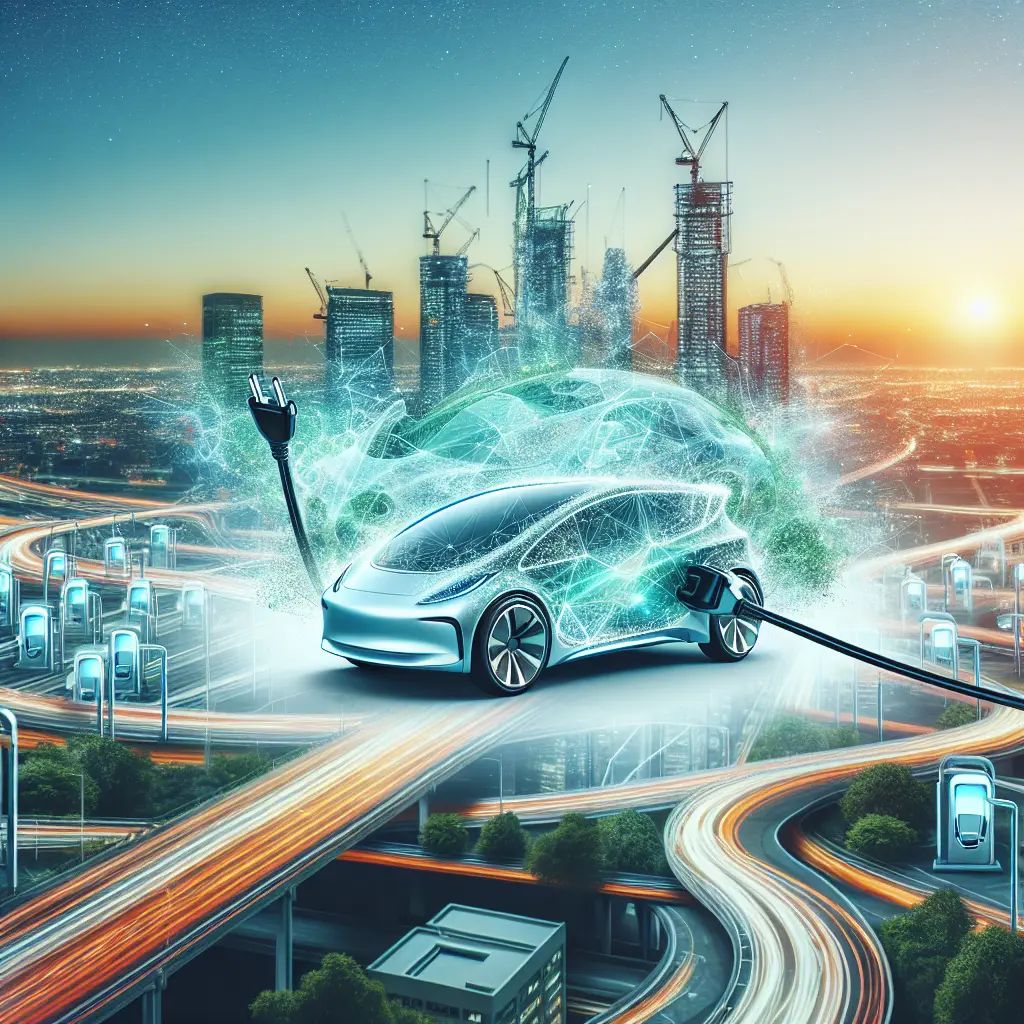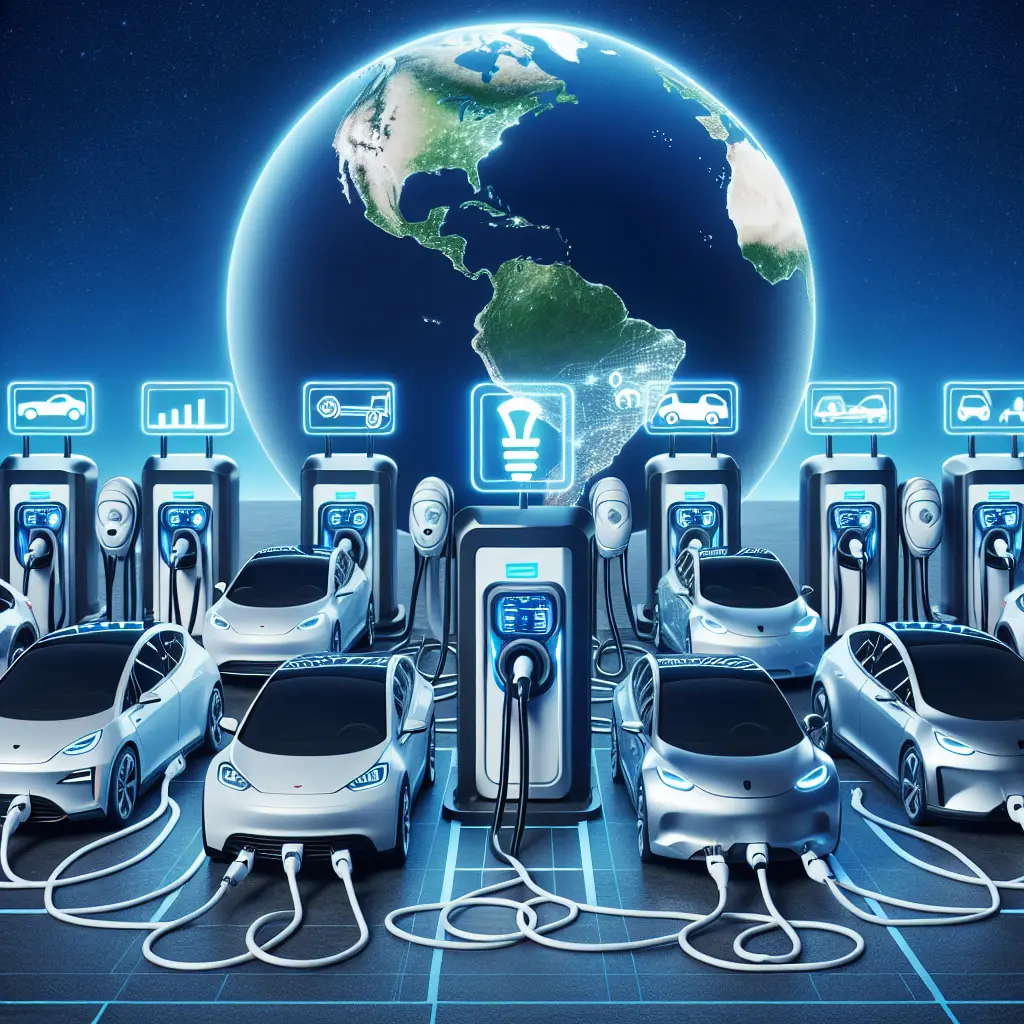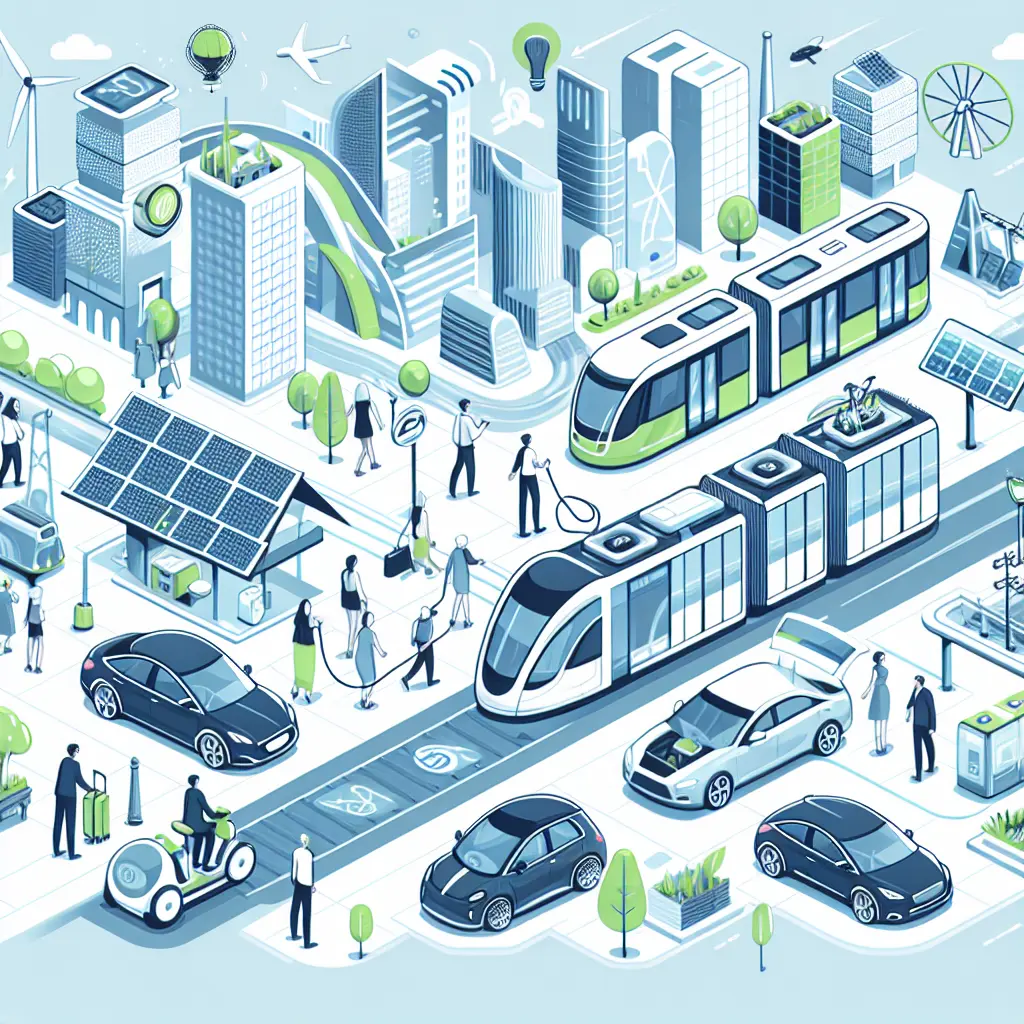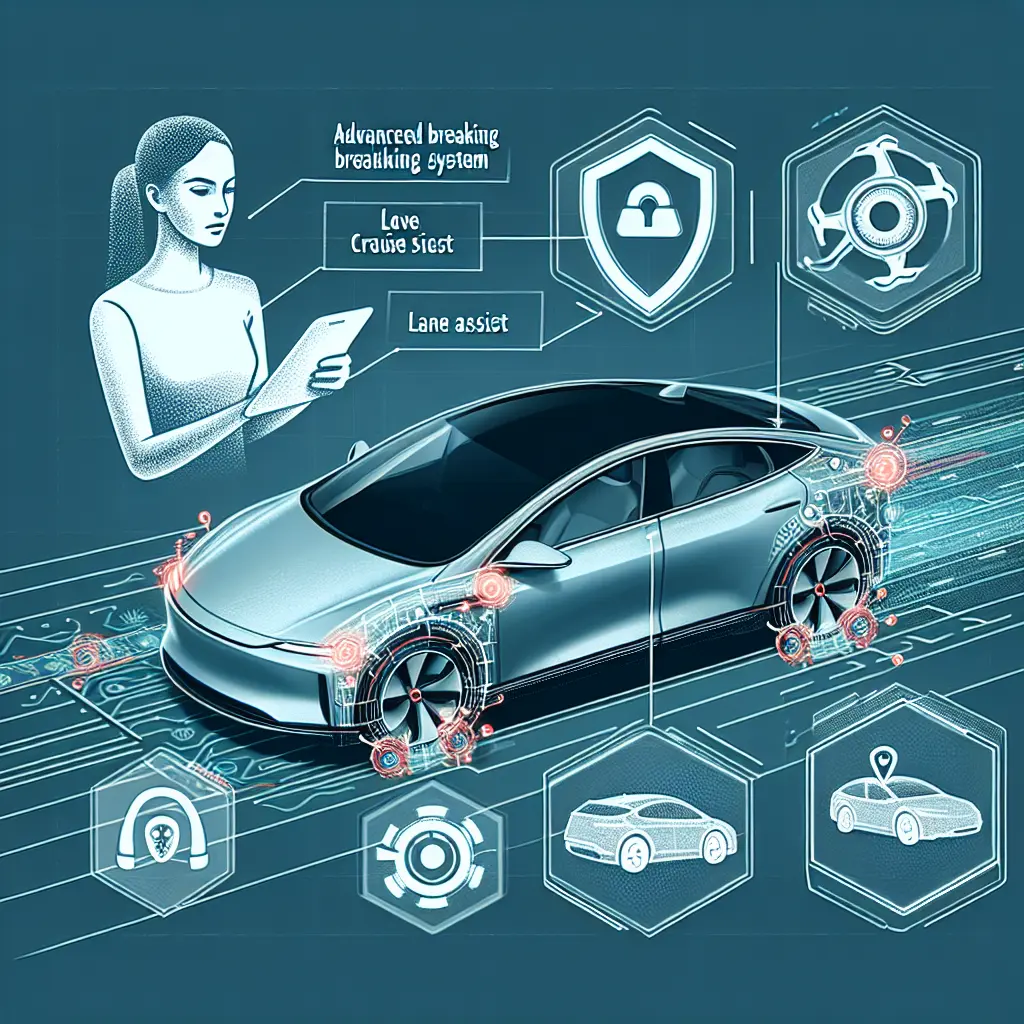In recent years, the transport sector has undergone a remarkable transformation, significantly influenced by advances in technology and a growing awareness of environmental issues. Central to this shift is Tesla, a company that has not only redefined automotive engineering with its electric vehicles (EVs) but also profoundly impacted urban transportation policies worldwide. As cities evolve into smarter, more sustainable environments, Tesla's role in shaping future urban transport cannot be overstated. This exploration delves into how Tesla is influencing urban mobility, planning, and policy, steering us towards a future where green transportation is not just preferred but essential.
Tesla's approach to urban transportation extends beyond merely manufacturing electric cars. The company has been pivotal in advocating for electric vehicle regulations and policies that support the widespread adoption of EVs. By demonstrating the viability and benefits of electric vehicles, Tesla has spurred local governments to reconsider their transportation frameworks. The integration of Tesla vehicles into various facets of urban mobility—from public transport fleets to official government vehicles—exemplifies Tesla's influence on urban transportation policies.
For instance, the rise in global electric vehicle sales, which saw a 21% increase in July alone, underscores the shifting attitudes toward sustainable urban transport. Such statistics not only highlight the growing consumer acceptance but also push cities to accelerate their infrastructural adaptations to support EVs (Source: International Energy Agency).
Tesla's vision extends into the broader scope of urban planning and development of smart cities. By promoting zero-emission vehicles and integrating cutting-edge technology like autonomous driving, Tesla is at the forefront of creating efficient and sustainable city transport systems. The concept of Tesla smart cities revolves around minimizing environmental impact while enhancing the efficiency and safety of urban transportation.
Moreover, Tesla's advancements in battery technology and energy storage solutions play a crucial role in supporting these smart city infrastructures, ensuring that the energy demands of an electrified transport network are met sustainably.
Challenges and Opportunities
The push for sustainable urban transport is increasingly reflected in electric vehicle regulations globally. Governments are implementing stricter emissions standards and offering incentives for EV purchases, significantly influenced by the success and reliability of Tesla models. These regulations are crucial in paving the way for a broader acceptance and integration of EVs into the mainstream market, further supported by Tesla's continuous innovations in transportation technology.
Despite the promising trajectory, the integration of Tesla's technologies into urban transport systems is not devoid of challenges. Regulatory hurdles, infrastructure needs, and public acceptance are significant barriers. However, Tesla continues to work closely with policymakers to craft effective transportation policies that address these challenges while promoting the benefits of electric vehicles and autonomous technology.
The global shift towards electric vehicles is evident in various international markets embracing EVs. For instance, the upcoming introduction of the Zeekr 7X in Australia by 2025 signifies the expanding competition in the EV sector and highlights the global trend towards sustainable automotive solutions (Source: Automotive News).
Recent events also underscore the dynamic nature of the automotive and transportation sectors. For instance, an alleged $10 million fraudulent car financing scheme recently busted by NSW police serves as a stark reminder of the complexities and vulnerabilities within the automotive financing landscape (Source: Sydney Morning Herald). Such incidents can influence consumer trust and regulatory approaches in the automotive sector, including EVs.
Conclusion
Moreover, while Tesla continues to innovate, it faces stiff competition from established automotive brands like Volkswagen, whose Touareg model competes strongly with premium rivals at a lower price point. This competition drives Tesla to continuously improve and adapt its models and policies to maintain its market leader status (Source: Car and Driver).
Tesla's role in shaping future urban transportation policies is multifaceted and profoundly impactful. By championing electric vehicles, advocating for supportive regulations, and pioneering smart city technologies, Tesla is not only redefining how we view transportation but also how cities operate in an environmentally-conscious era.
As we move forward, the collaboration between Tesla, policymakers, and other stakeholders will be crucial in overcoming challenges and maximizing the opportunities presented by this transportation revolution. The path towards sustainable urban transport is complex yet promising, with Tesla leading the charge towards a greener, more efficient future.
Thank you for joining me on this insightful journey into Tesla's transformative impact on our cities. Together, we're not just passengers but active participants in shaping a sustainable world.










Leave a Comment